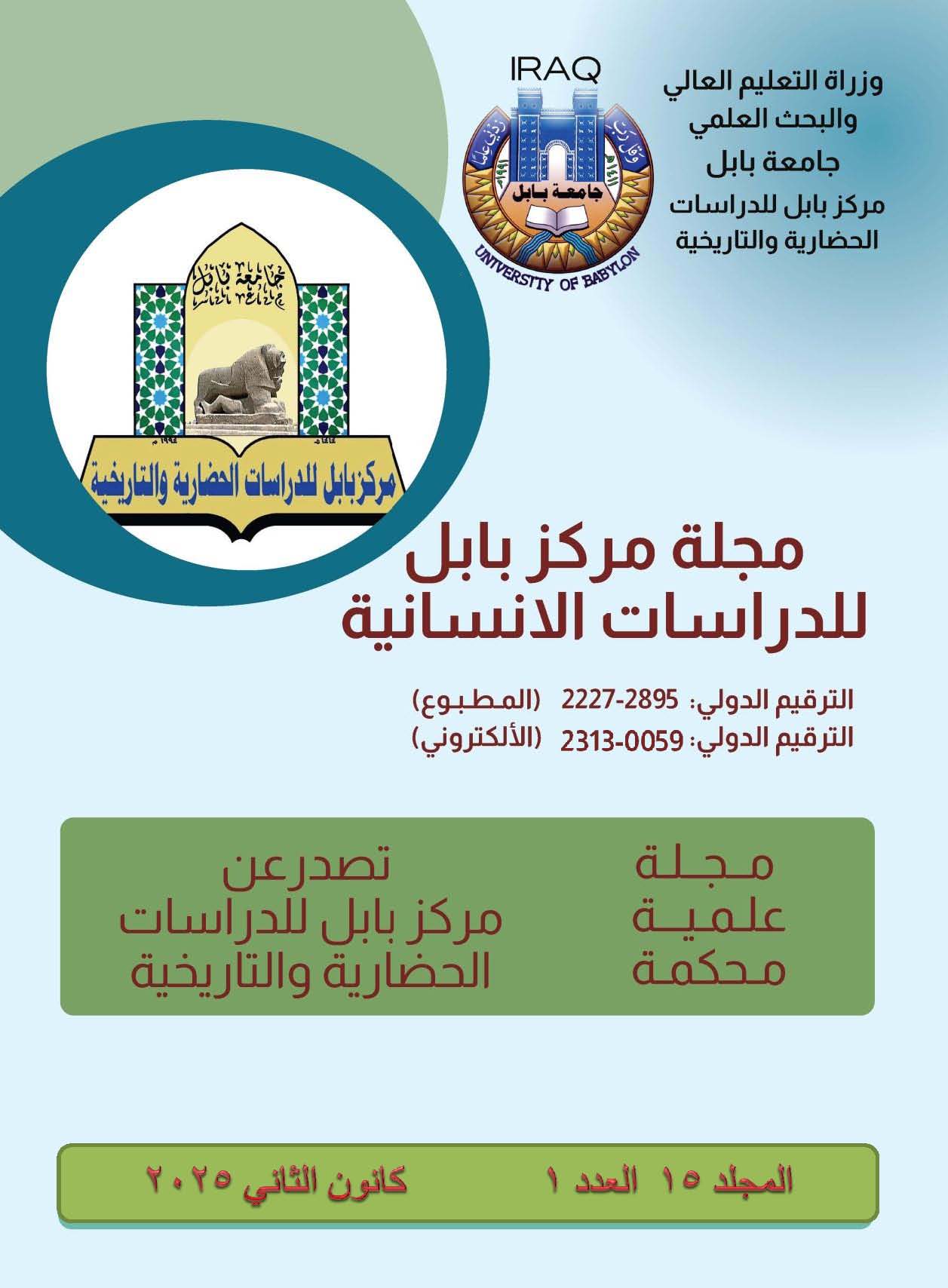Manifestations of Sorrow in the Poetry of Bakr Ibn Hammad
Keywords:
The poet's life and culture, sorrow linguistically and terminologically, types of sorrow, poetic models indicating sorrow.Abstract
The poet Bakr Ibn Hammad is one of the poets of the early Abbasid era. He was born in the city of Kairouan, a city founded by the great commander Uqba ibn Nafi'. Kairouan had weakened during the Roman era but saw a slight revival during the days of the Rustamids and was known as Tahert. Bakr spent his life moving from place to place until his son, Abd al-Rahman, passed away, an event that deeply saddened him and led to a pessimistic outlook on life. This incident left a profound impact on his soul. This study aims to explore the manifestations of sorrow in his poetry through an artistic reading that seeks to reveal rich emotional worlds within the poetic fabric. The goal is to present these sentiments in a way that is vivid and alive for the reader, embodied by the poet's creative energies that enriched his poetry. The variety of his poetic themes adds new dimensions to his creative experience, which is characterized by a lively spirit that reflects the essence and value of his poems. These poems serve as the foundation of his work, carrying profound symbolic and suggestive meanings through a well-structured artistic form. The practical focus of this study is his poetic texts, presenting a distinguished poetic model filled with expressive and symbolic meanings related to his suffering, pains over his state, his son, and his friend, and the pain of separation. This led him to renounce worldly desires and seek the afterlife, as he saw death as the ultimate end to all his suffering, aspiring to reunite with his son.







